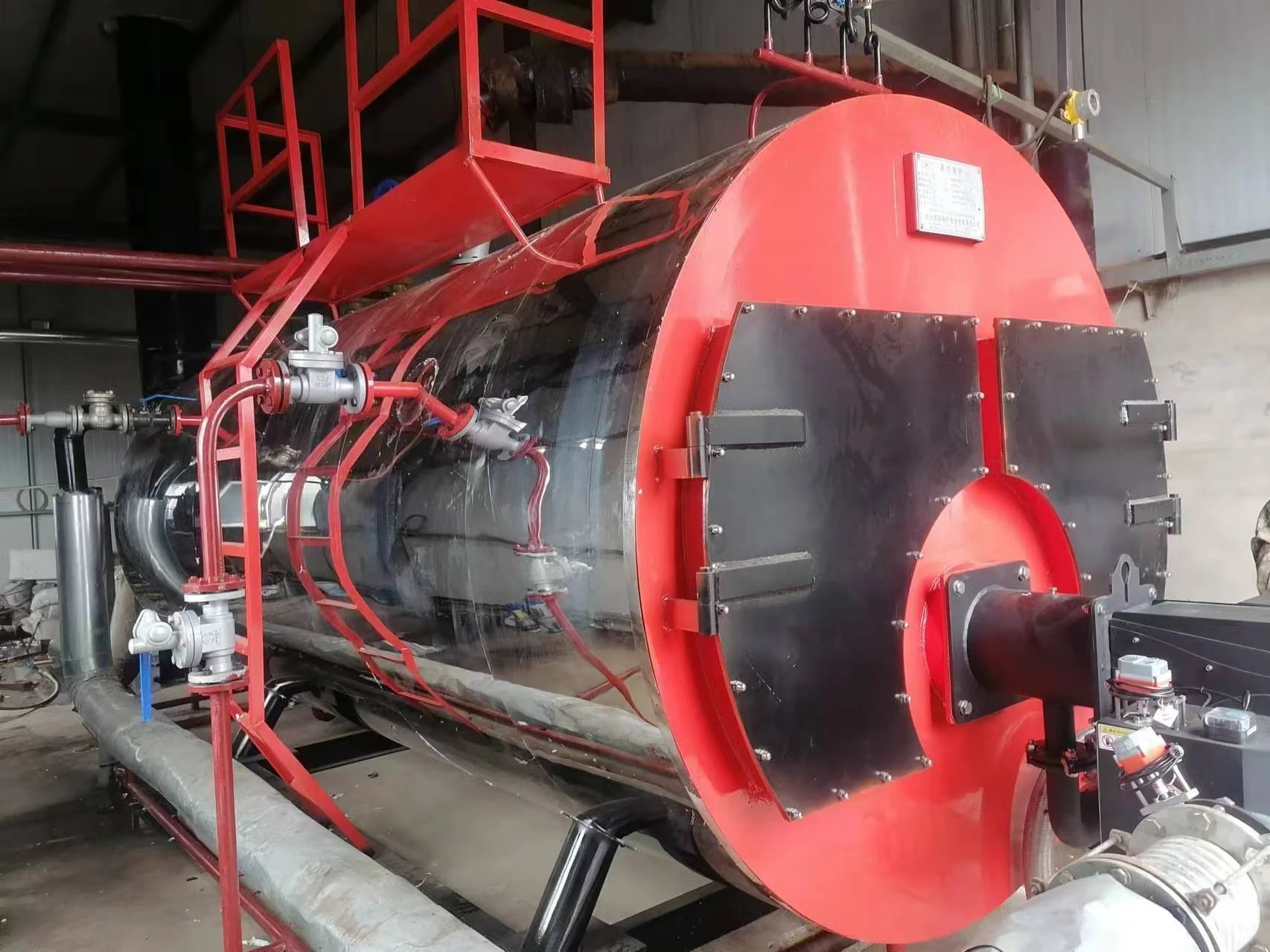
Nov . 17, 2024 13:22 Back to list
hot water boiler definition
Understanding Hot Water Boilers Definition and Functionality
A hot water boiler is a pivotal component in various heating systems, serving as the heart of residential and commercial heating installations. Its primary function is to heat water for a range of applications, including space heating, domestic hot water supply, and industrial processes. This article delves into the definition, operation, and significance of hot water boilers in modern heating solutions.
Definition of Hot Water Boiler
A hot water boiler, at its core, is a closed vessel designed to heat water and distribute it throughout a system. Unlike steam boilers that generate steam for heating or power generation, a hot water boiler operates at lower temperatures and provides hot water, which can be circulated through radiators, heated floors, or fixtures for domestic use. The water in the system is heated by burning fuel—such as natural gas, propane, oil, or using electricity—and is then circulated through pipes to various endpoints.
Types of Hot Water Boilers
Hot water boilers come in various types, each designed for specific applications and efficiency levels. The most common types include
1. Fire-Tube Boilers In these systems, hot gases produced from fuel combustion pass through tubes submerged in water, heating the water around them. This design is typically used in smaller heating systems due to its simpler construction.
2. Water-Tube Boilers In contrast, water-tube boilers have water circulating in tubes that are heated by combustion gases outside. This design allows for higher pressures and temperatures, making them suitable for industrial applications.
3. Combination Boilers These versatile systems provide both central heating and hot water on demand, making them an efficient choice for homes. They heat water as needed, eliminating the need for storage tanks.
4. Condensing Boilers These are designed to maximize efficiency by capturing and reusing exhaust heat that would otherwise be lost. They are increasingly popular due to their energy-saving capabilities.
How Hot Water Boilers Work
hot water boiler definition

The operation of a hot water boiler begins with the fuel source. The burner ignites the fuel (whether gas, oil, or electric) to produce heat. This heat transfers to the water in the boiler, raising its temperature. As the water heats up, it expands and becomes less dense, causing it to rise. The heated water then circulates through a system of pipes to radiators or other heat emitters.
A thermostat usually controls the system, ensuring that water is heated to the desired temperature. Once the hot water reaches its destination, it releases heat into the surrounding area, effectively warming the space. As the water cools, it returns to the boiler to be reheated, creating a continuous cycle.
Importance of Hot Water Boilers
Hot water boilers are essential for several reasons
1. Energy Efficiency Modern hot water boilers are designed for optimal energy use, which can significantly reduce heating costs and environmental impact. The introduction of condensing models has improved efficiency ratings further.
2. Versatile Applications Besides space heating, hot water boilers are used in various applications such as sanitary hot water supply, swimming pools, and industrial processes, demonstrating their adaptability.
3. Comfort and Convenience Hot water boilers provide reliable heat and hot water, enhancing the comfort of homes and commercial spaces. The ability to adjust temperature settings and schedules also contributes to added convenience for users.
4. Environmental Benefits The shift towards more efficient boiler technologies translates into lower carbon emissions. By utilizing renewable energy sources or improving combustion efficiency, hot water boilers can contribute positively to sustainability goals.
Conclusion
In summary, hot water boilers play an essential role in the heating infrastructure, providing efficient and reliable heat and hot water. With advancements in technology and increased awareness of energy efficiency and sustainability, these boilers continue to evolve, ensuring they meet the needs of both consumers and the environment. Understanding their functionality and importance helps in choosing the right heating solution for various applications, contributing to enhanced comfort and reduced energy costs.
-
Oil Fired Hot Water Boilers Sale - High Efficiency & Affordable
NewsJul.31,2025
-
High-Efficiency Commercial Oil Fired Steam Boiler for Industry
NewsJul.30,2025
-
High-Efficiency Biomass Fired Thermal Oil Boiler Solutions
NewsJul.30,2025
-
High Efficiency Gas Fired Thermal Oil Boiler for Industrial Heating
NewsJul.29,2025
-
High-Efficiency Gas Fired Hot Water Boiler for Sale – Reliable & Affordable
NewsJul.29,2025
-
High Efficiency Biomass Fired Hot Water Boiler for Industrial and Commercial Use
NewsJul.29,2025
Related PRODUCTS






















